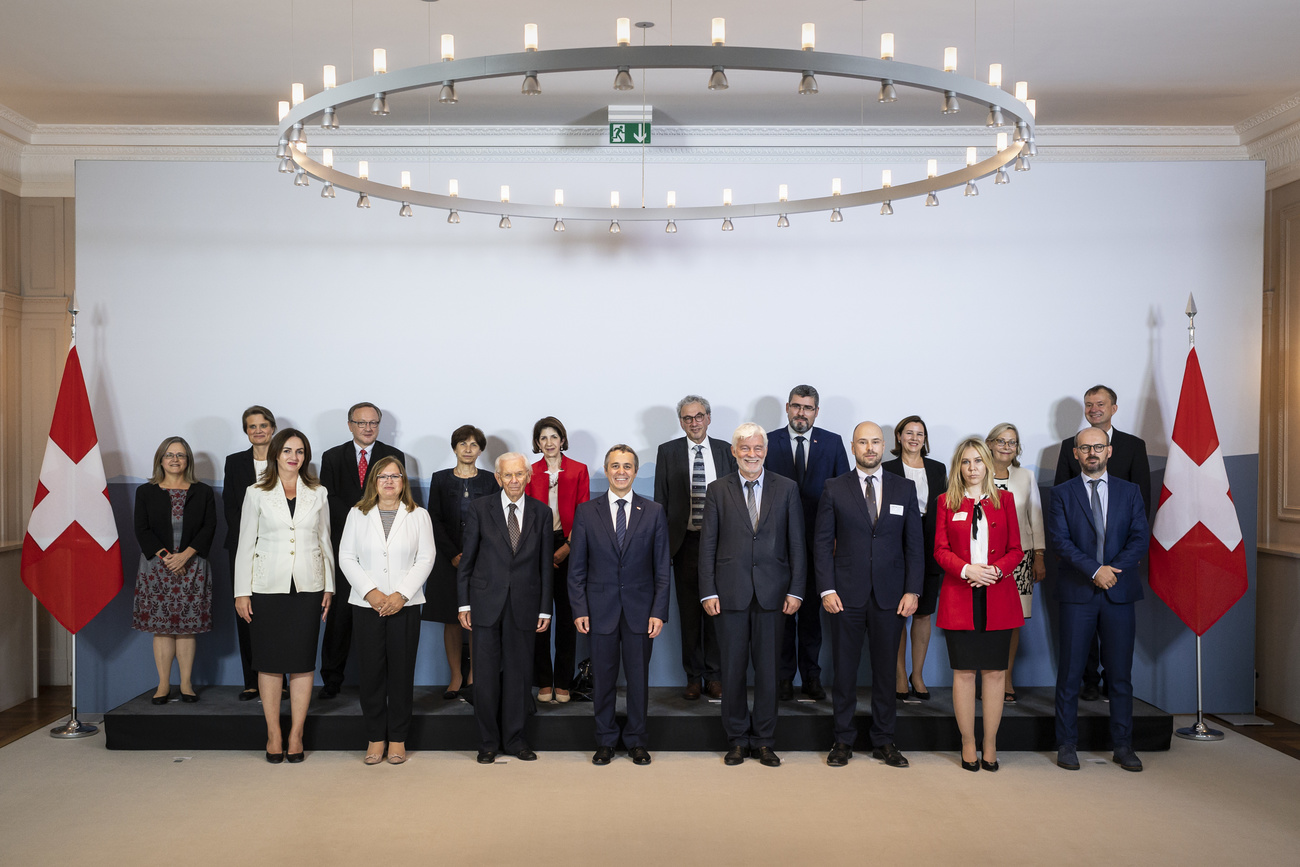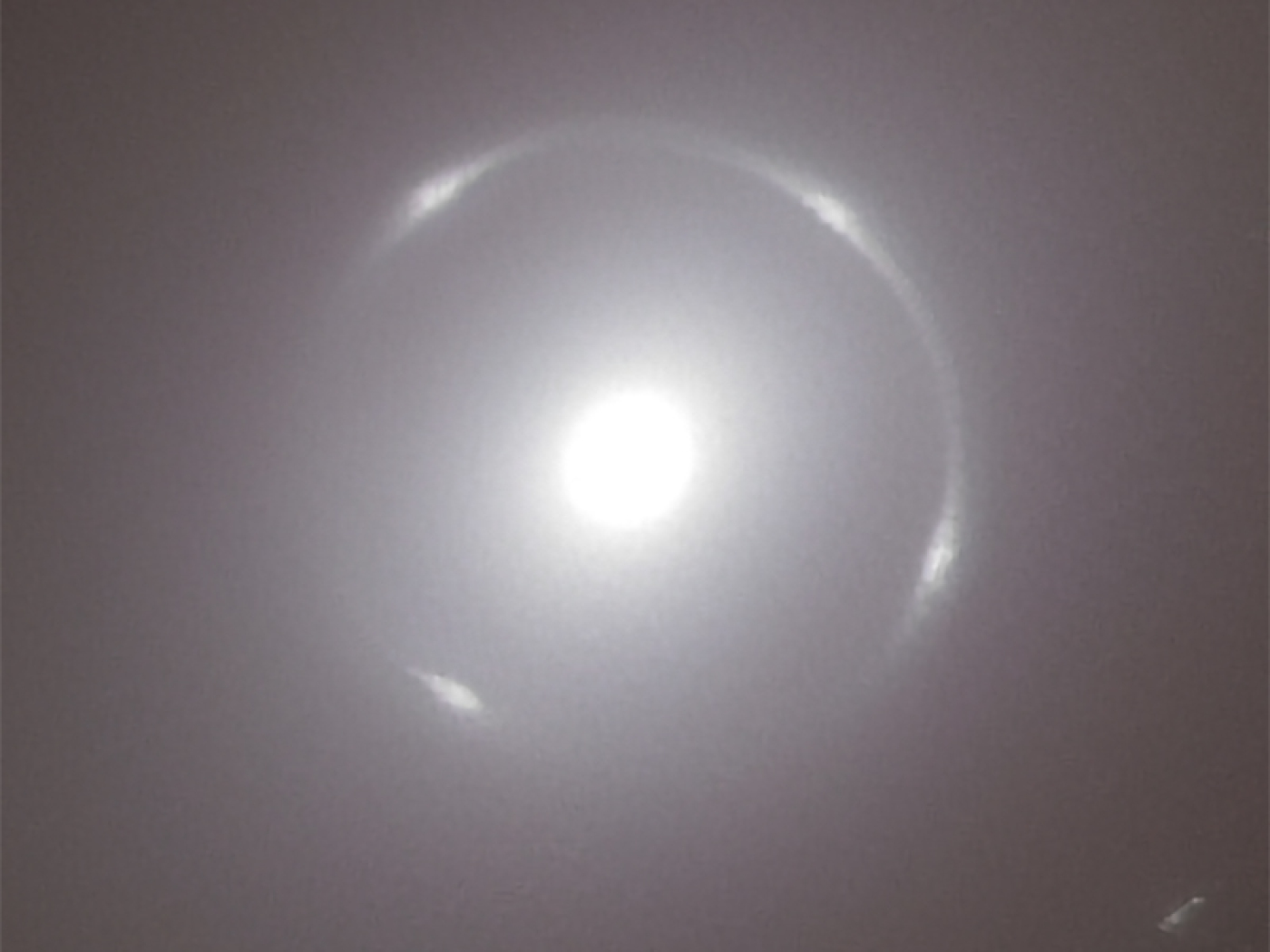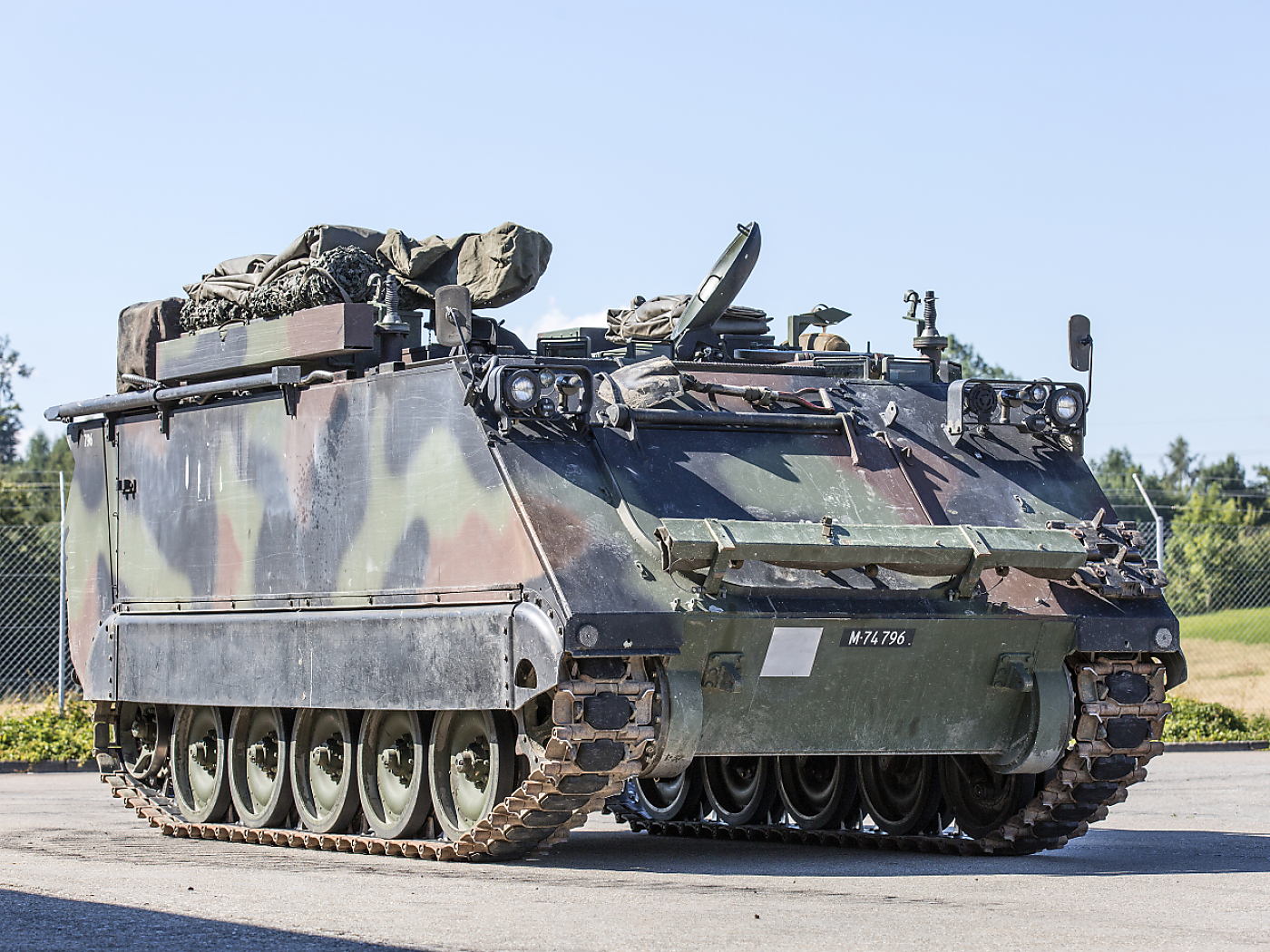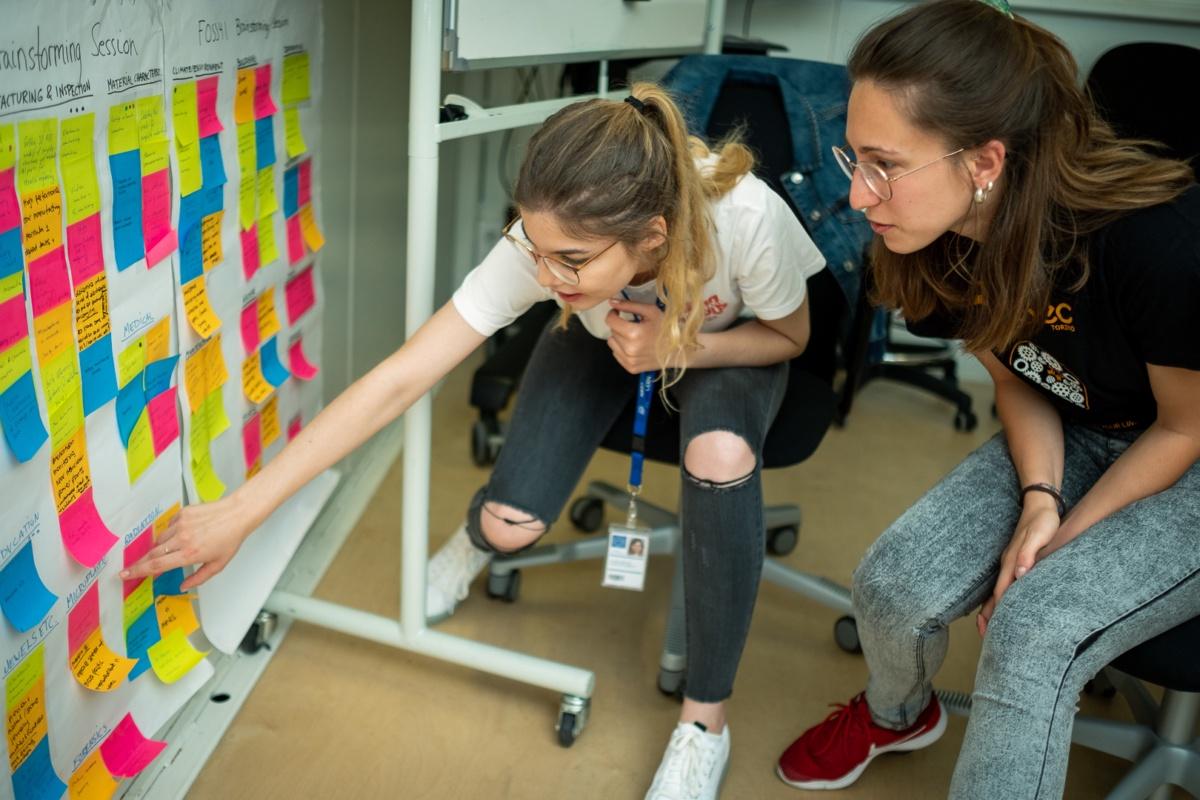Swiss back creation of major cancer research centre in south-east Europe

Switzerland is supporting the creation of a new research centre in south-east Europe to advance tumour therapy and biomedical research.
On Monday Switzerland hosted a high-level conference in the Swiss capital Bern for ten countries from south-eastern Europe, as part of the South East European International Institute for Sustainable Technologies (SEEIIST) project. Also in attendance was Swiss Foreign Minister Ignazio Cassis.
The facility will be dedicated to nuclear biomedical research with a focus on developing cutting-edge technology for treating certain types of cancer, according to a statementExternal link from the Swiss Federal Department of Foreign Affairs (FDFA).
The centre, which aims to treat its first patients in 2029, will be based on the founding principlesExternal link of CERN, the European Organization for Nuclear Research, which is based near Geneva, and hosts the world’s most powerful particle accelerator.
#ScienceDiplomacyExternal link in action! Great to host the @seeiistExternal link conference in #BernExternal link with ministers & representatives from 10 countries Our goal: creating a new "CERN" in South-East Europe to advance Tumour Therapy & Biomedical Research https://t.co/TPCwlEauXwExternal link pic.twitter.com/2Xw5WKsKNnExternal link
— Ignazio Cassis (@ignaziocassis) September 13, 2021External link
The move is part of Switzerland’s policy of science diplomacy. In his speech, Cassis – who is a medical doctor by training – emphasised the importance of such diplomacy and explained why the FDFA was keen to support the dialogue.
“As an innovative country and home to a large scientific community, Switzerland has the assets and credibility to play this facilitating role,” he said.
Working groups
At the meeting, SEEIIST asked Switzerland to chair two working groups in which all member countries will be represented. One is to determine the legal status of the research centre. The other is looking into the location. CERN and the Paul Scherrer Institute (PSI) – largest research centre for natural and engineering sciences within Switzerland – are also key contributors to these discussions.
Proposed in late 2016 by former CERN director general Professor Herwig Schopper, the SEEIIST project received its first official political support from the government of Montenegro in March 2017.
A declaration of intent was signed at CERN in October 2017. Included are: Albania, Bosnia and Herzegovina, Bulgaria, the Republic of Kosovo, Montenegro, the Republic of North Macedonia, Serbia and Slovenia. Croatia and Greece are members with observer status.
Switzerland is not planning any direct financial support for the project for now. The Swiss contribution is essentially “in kind”, said Léa Zürcher, a spokesperson for the Swiss Federal Department of Foreign Affairs.
“Swiss support for the creation of the SEEIIST centre goes much further than the organisation of yesterday’s meeting, whether it’s via our headquarters in Bern or our diplomatic representations abroad,” she told SWI swissinfo.ch.

More
Science diplomacy as an innovative tool in our international relations

In compliance with the JTI standards
More: SWI swissinfo.ch certified by the Journalism Trust Initiative





















You can find an overview of ongoing debates with our journalists here . Please join us!
If you want to start a conversation about a topic raised in this article or want to report factual errors, email us at english@swissinfo.ch.